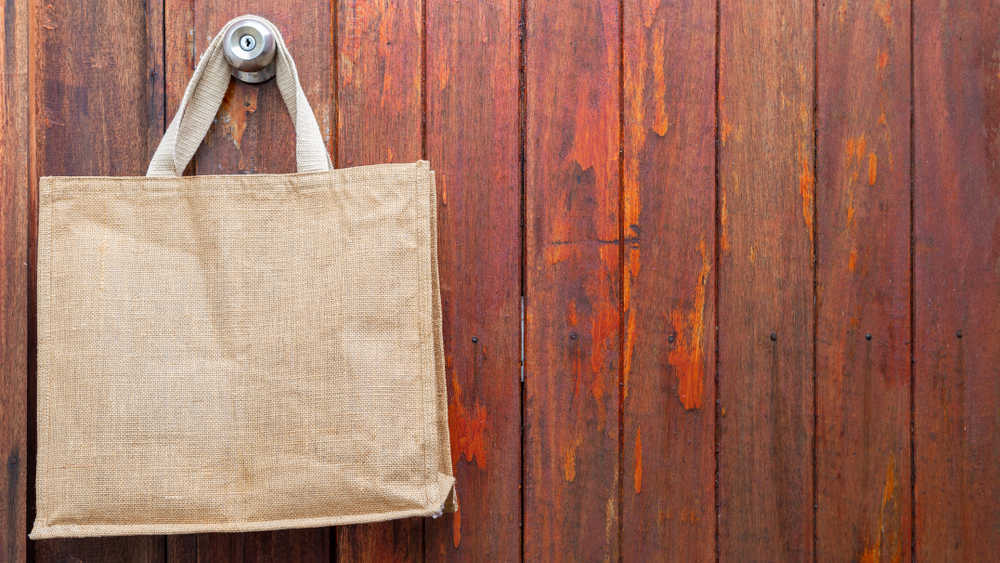The jute division of Birla Corporation has set its sight on an export revenue of Rs 50 crore in 2021-22, driven by value-added products. The company is looking to invest Rs 20 crore in the production line over the next two years.
The company expects a shift in the mix between government orders and the more remunerative value-added products. The latter primarily includes shopping bags but the company expects to expand its offering.
“Compared with jute bags sold to the government, value-added products make a much bigger contribution to profitability. Birla Jute Mills started its shopping bags stitching unit in September 2019 with an initial capacity of 2,000 bags per day. Within a year, the capacity has been scaled up to 10,000 bags per day. The aim is to double it to 20,000 bags per day within the next three years,” said G.R. Verma, president, Birla Jute Mills, Birla Corporation Limited.
He added that Birla Jute Mills is conducting an internal research to use organic substances for lamination of jute bags instead of mineral oil-based polypropylene. Also, it is looking to launch other products such as mats, rugs, school bags and cooler bags.
“In 2019-20, Birla Jute Mills’ export revenue was at Rs 39 crore. In the current financial year, export revenue is expected to remain unchanged despite severe disruptions in production and exports due to the Covid-19 pandemic. In the next financial year, it is expected that export revenue will go up to Rs 50 crore,” said Verma.
He added that value-added products currently contribute around 22 percent of revenue, whereas contribution of jute bags sold to the government is around 56 per cent.There is a near term target to scale up the contribution of value-added products to 30 per cent of revenue, and reduce contribution of sales to the government to 45 per cent.
“Despite challenges when the jute industry was going through a rough patch and mills were making losses, we invested to make Birla Jute more efficient and to expand into value-added products. Today, as the world increasingly realizes the environmental hazards of plastic, Birla Jute is turning in record profits quarter after quarter. And this, to my mind, is sustainable for a very long time into the future,” said Harsh V. Lodha, chairman, Birla Corporation Limited.










